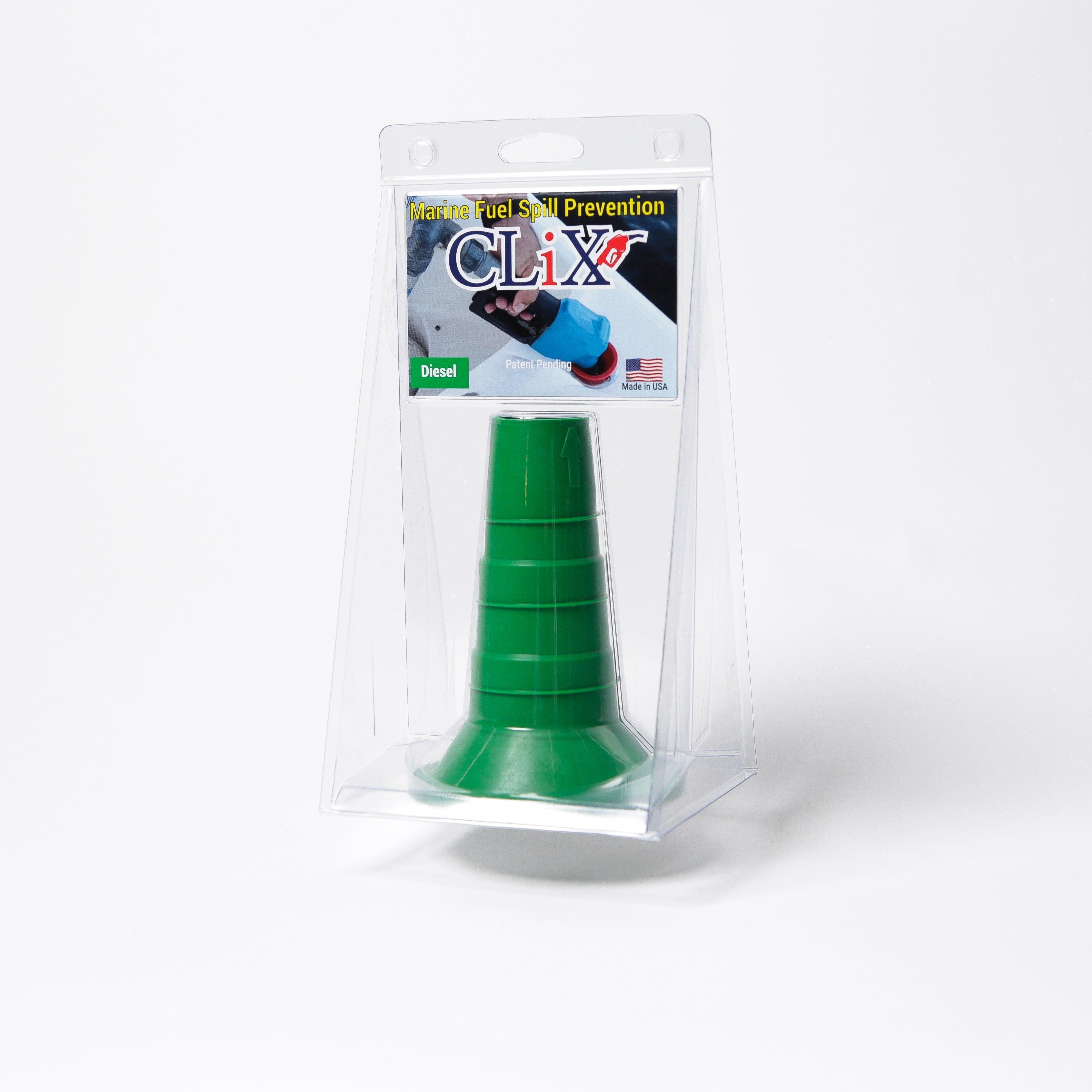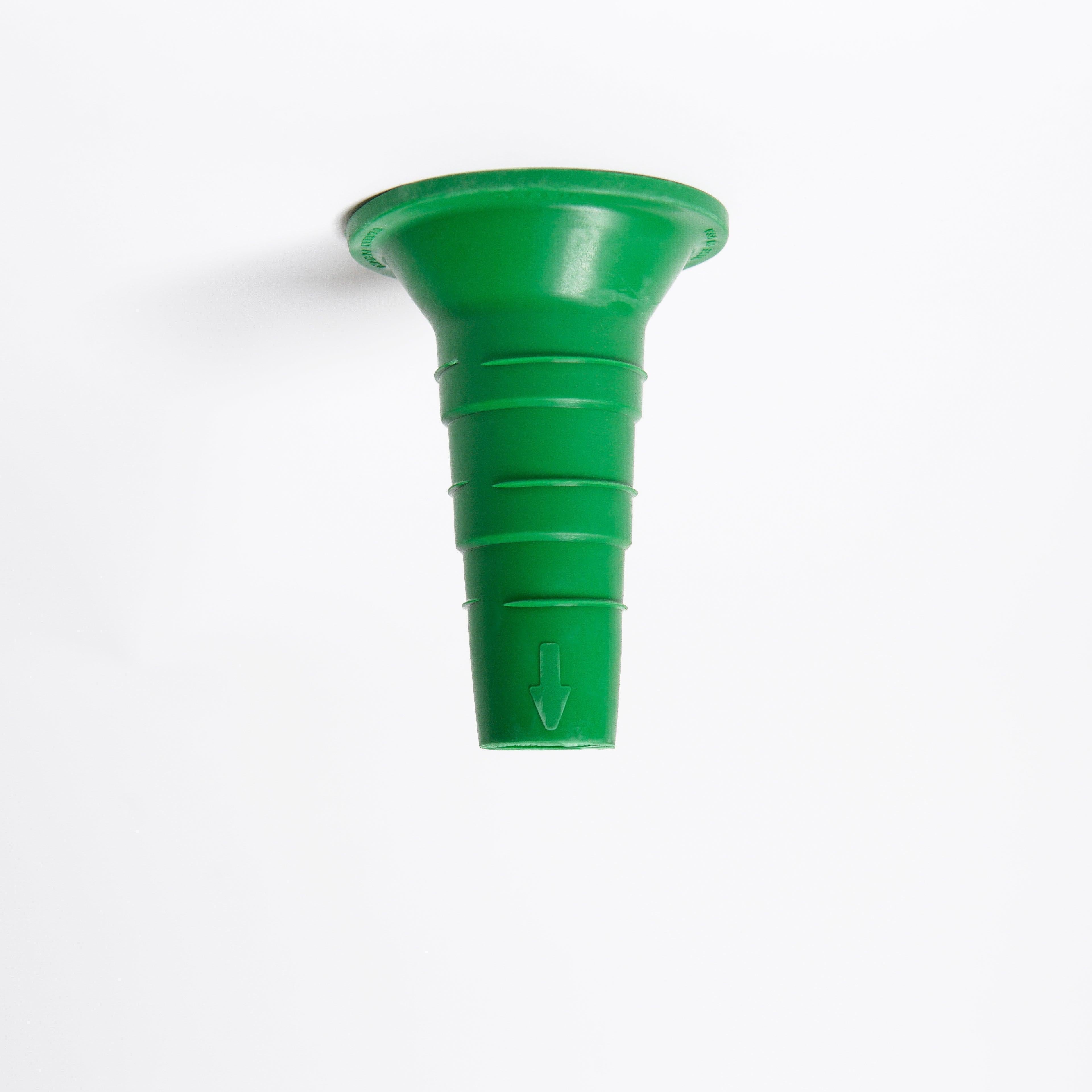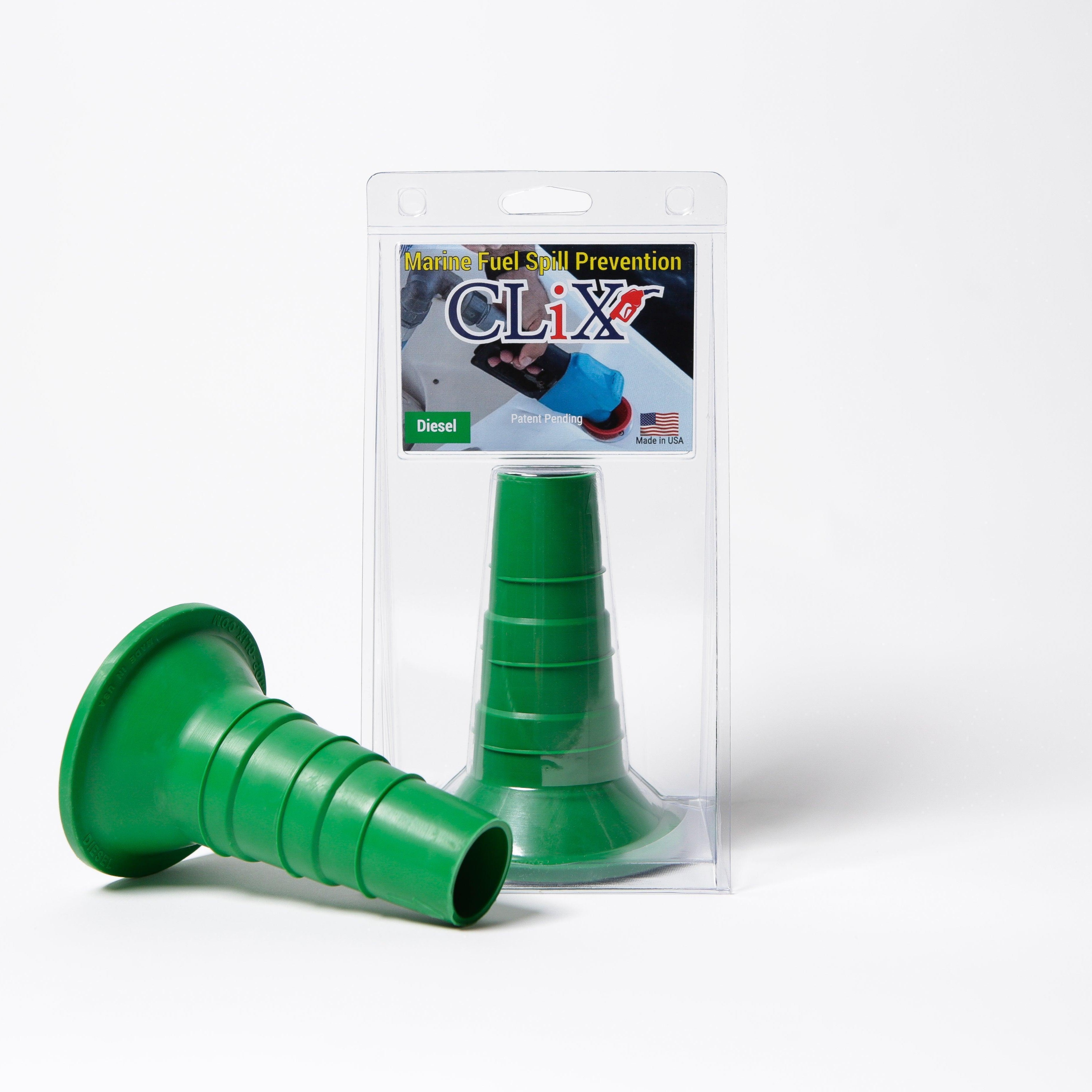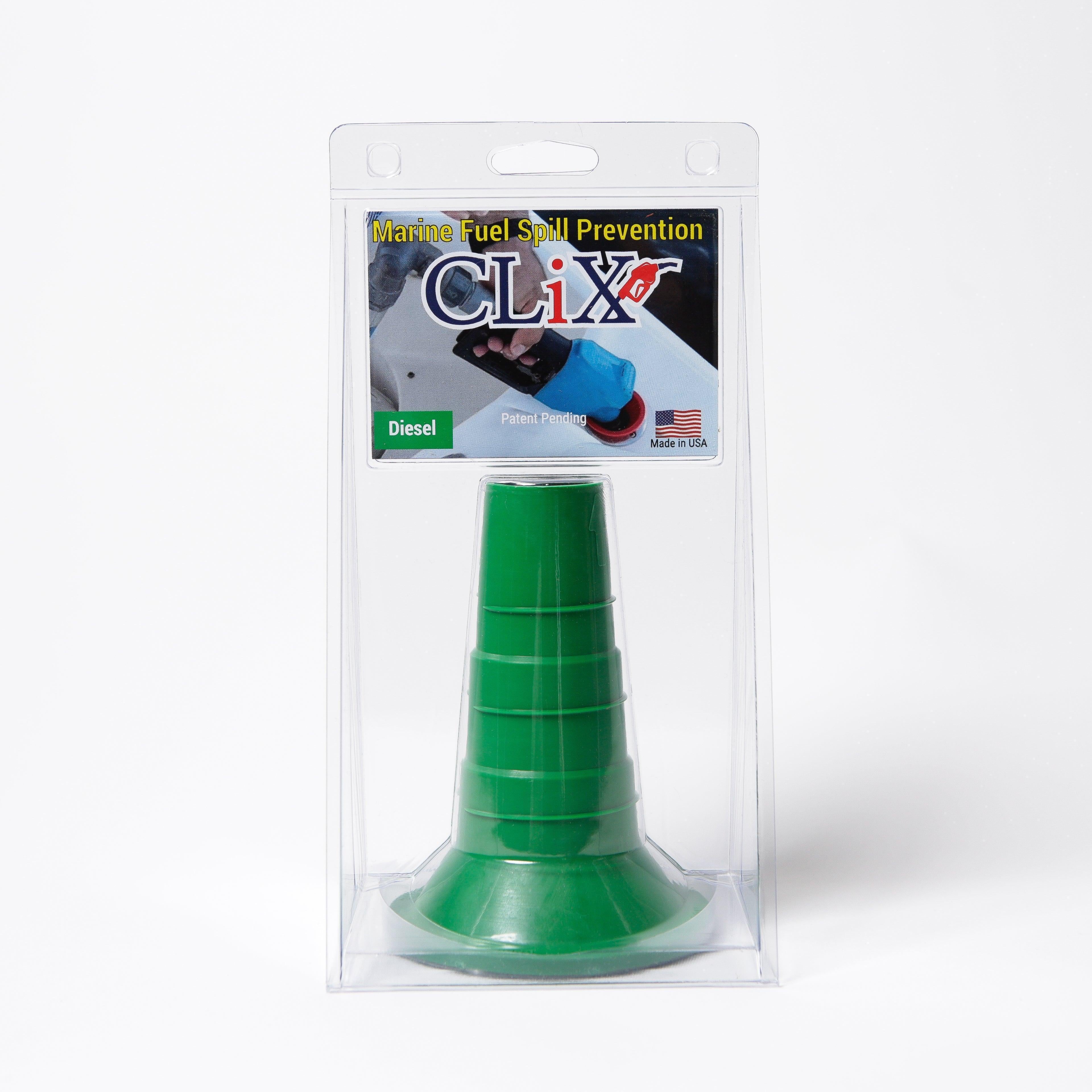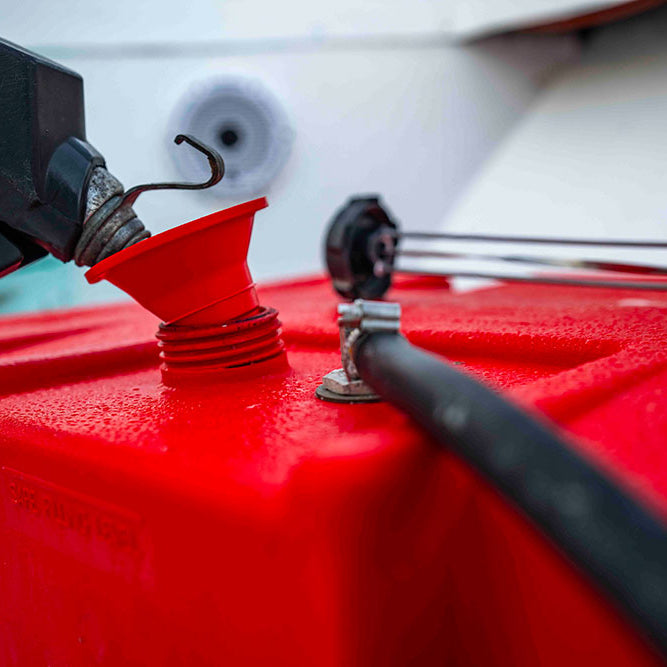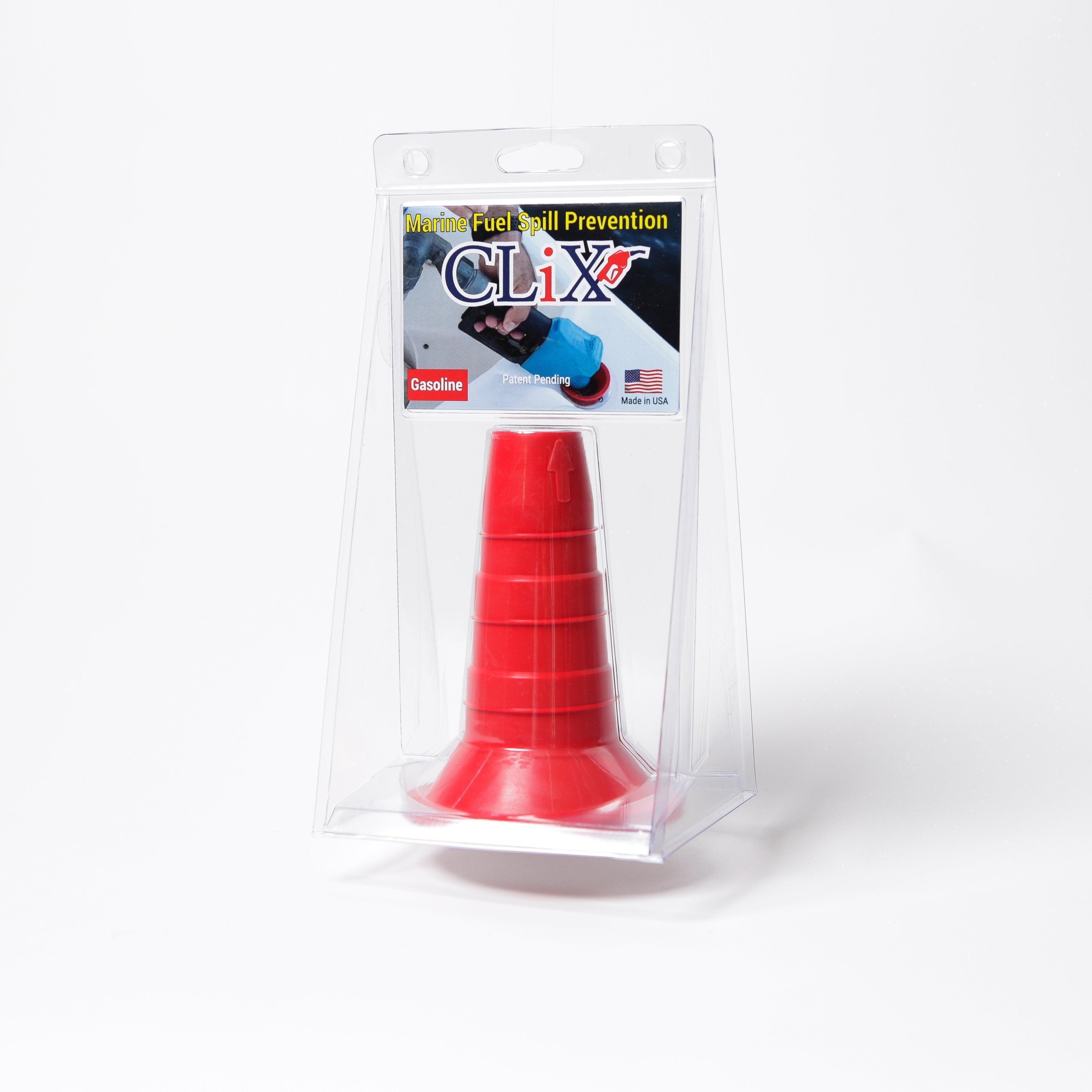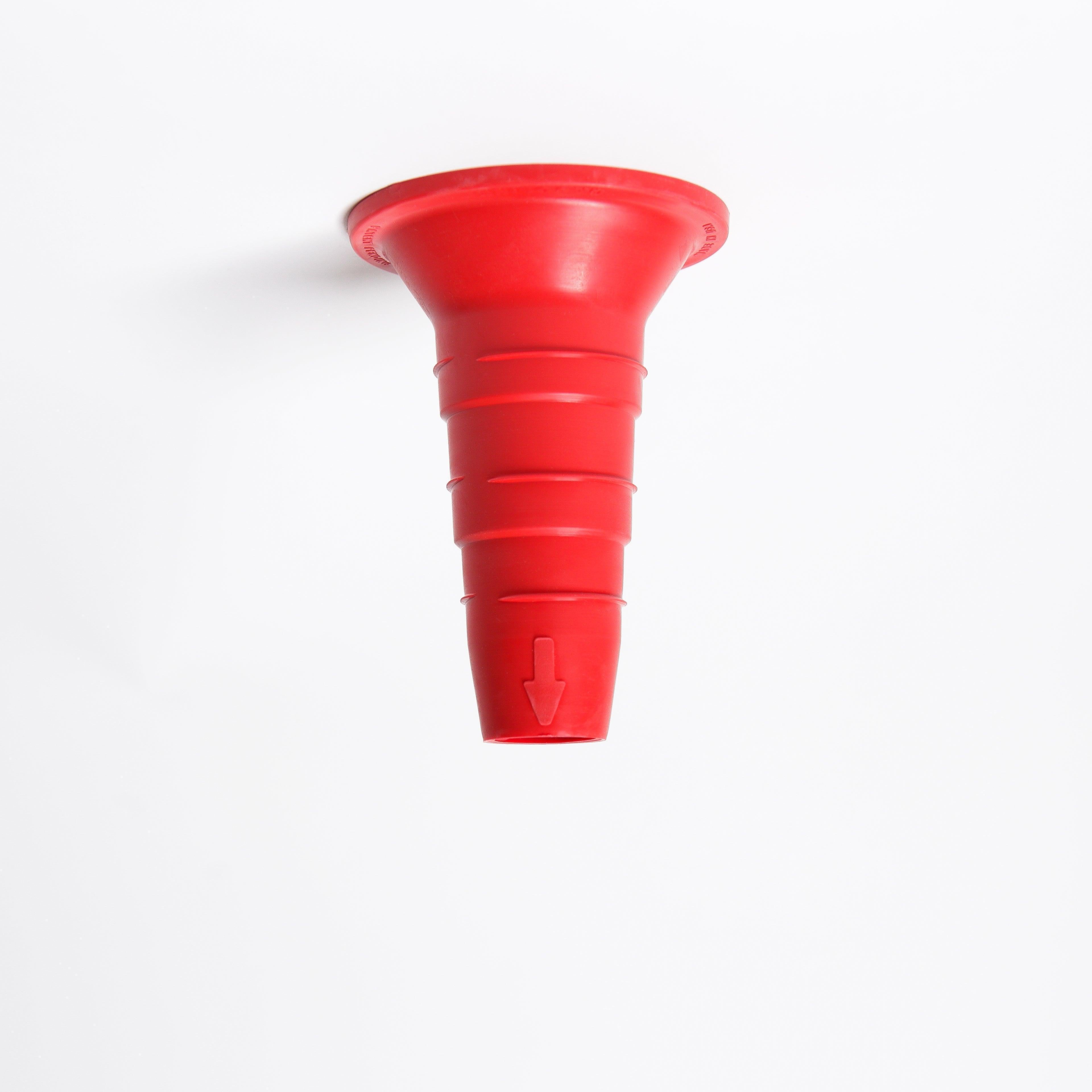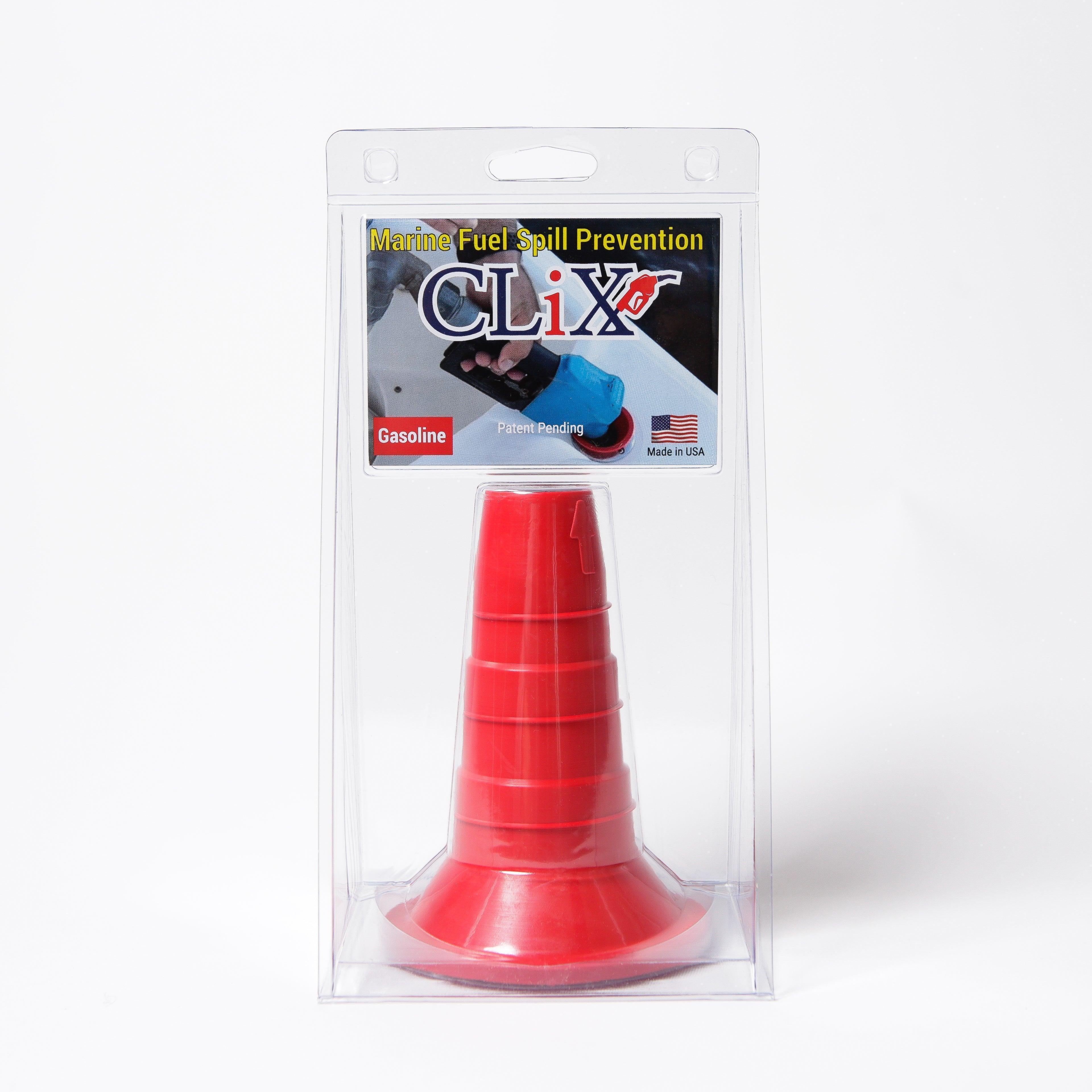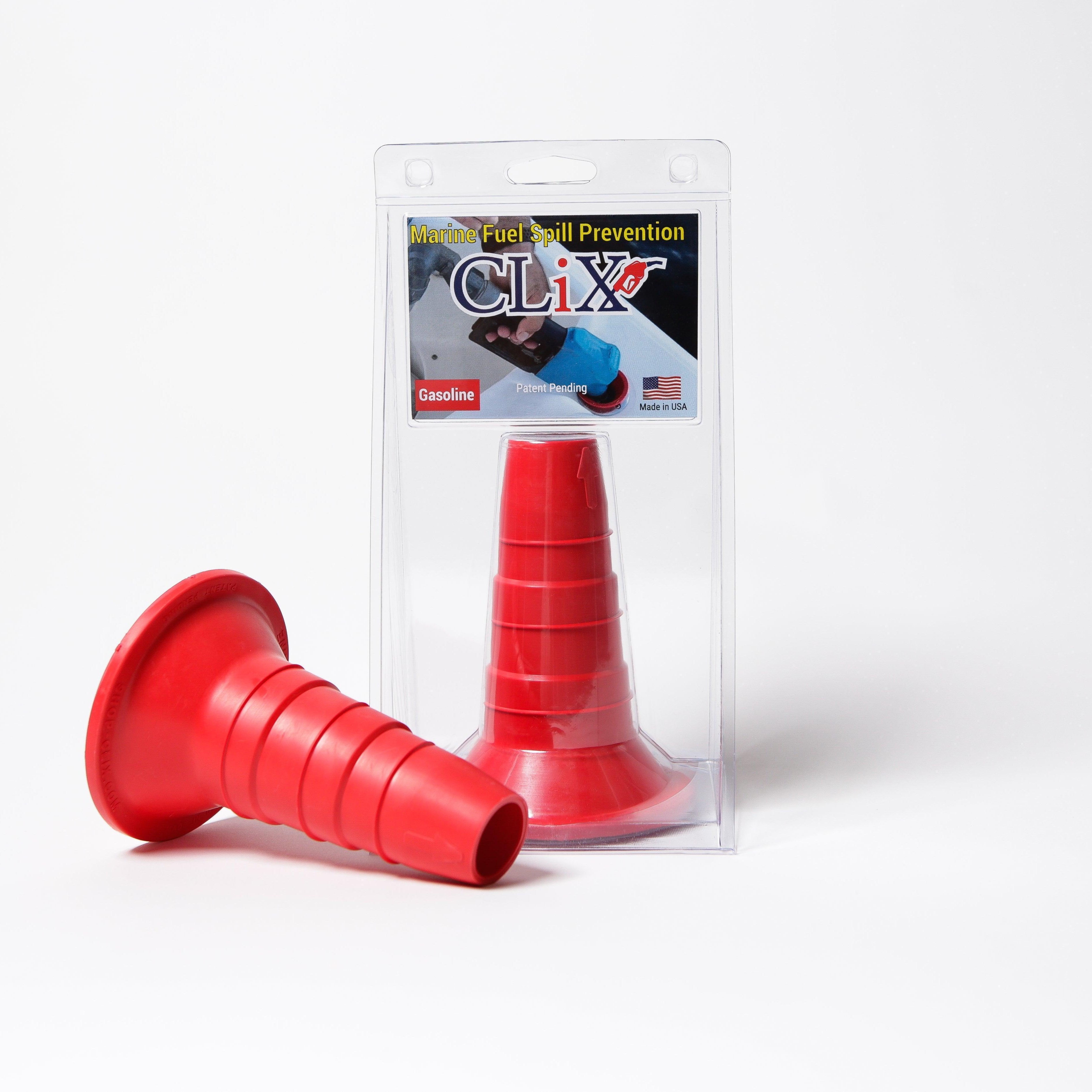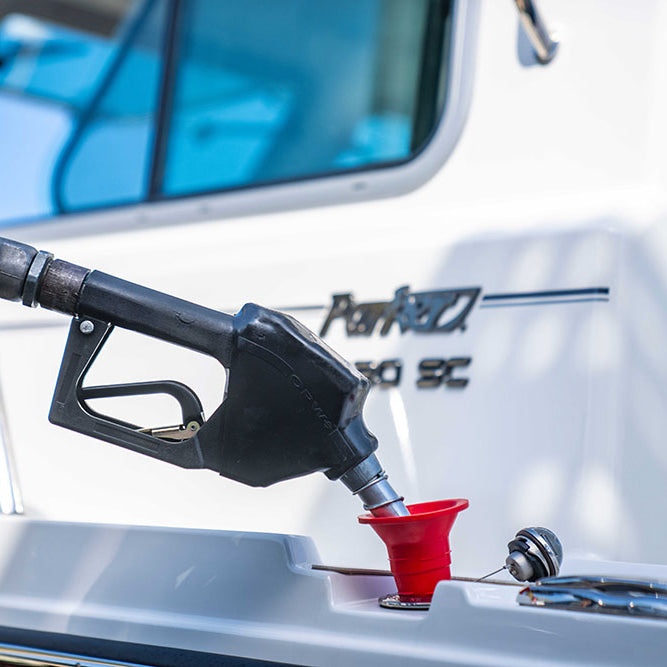The Reality Check Every Boater Needs to Hear
Imagine two friends setting out on their boats on a beautiful Saturday morning. One learned the ropes through online videos, the other through a certified boating safety course. By sunset, their stories are dramatically different. The boater with formal training navigated the day's challenges with confidence, handling changing weather and bustling waterways like a pro. The other boater, relying on informal knowledge, faced unexpected difficulties, turning a relaxing day into a stressful one.
This isn't just a story; it highlights a fundamental truth about boating: while incredibly rewarding, it requires respect and proper preparation. Overconfidence, often stemming from informal learning, can lead to risky situations. A boating safety course bridges the gap between owning a boat and truly understanding how to operate it safely and effectively. It empowers you with the skills and knowledge necessary to navigate unexpected challenges, transforming you from a passenger of circumstance to a confident captain of your vessel.
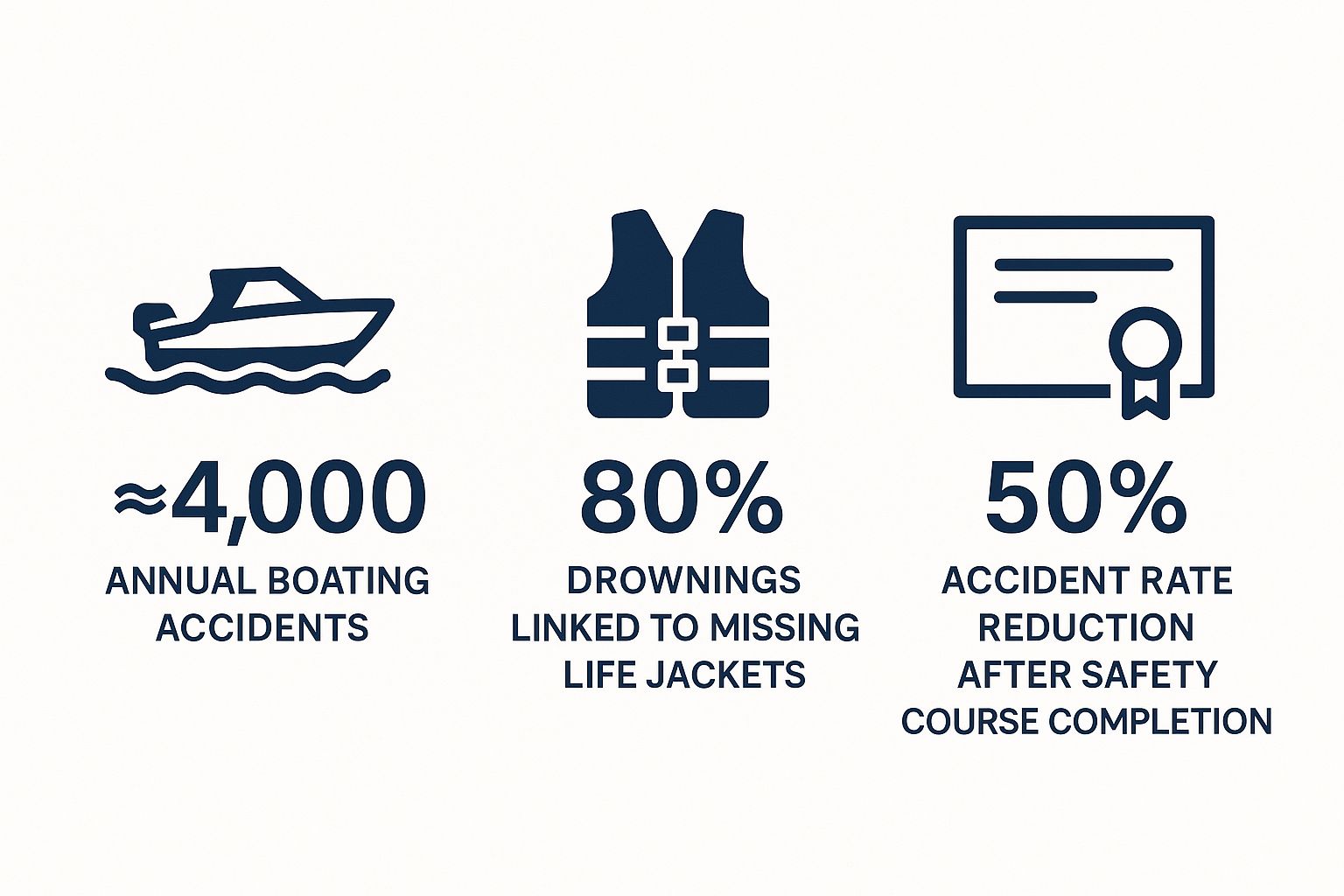
This infographic presents some compelling statistics: roughly 4,000 boating accidents happen each year, 80% of drownings involve boaters not wearing life jackets, and completing a boating safety course can reduce accident rates by 50%. These numbers paint a clear picture of the real-world impact of boating safety education and the vital role of preventative measures.
Our aim isn't to scare boaters, but to empower them. Formal training goes beyond the basics, instilling a deeper understanding of boating principles and encouraging responsible decision-making. This translates to safer practices on the water, fewer accidents, and a more enjoyable experience for everyone. For additional safety tips, check out these Marina Safety Guidelines for a Secure Boating Experience.
The Impact of Education
The significance of boating safety courses is further underscored by the striking difference in accident rates between educated and uneducated boat operators. In the U.S., it's reported that a lack of boating safety education contributes to 77% of fatal boating accidents.
To further illustrate this point, let's look at some data. The following table compares accident statistics between boat operators with and without formal safety education.
Safety Education Impact on Boating Accidents: Comparison of accident rates between educated and uneducated boat operators
| Education Level | Total Accidents | Deaths | Injuries | Accident Rate* |
|---|---|---|---|---|
| No Formal Education | 2,567 | 317 | 1,336 | High |
| Formal Education (e.g., U.S. Power Squadrons) | Significantly Lower | 0 | 9 | Significantly Lower |
*Accident Rate is a qualitative comparison based on the provided data.
As you can see, the difference is substantial. Operators without formal education were involved in 2,567 accidents, resulting in 317 deaths and 1,336 injuries. In contrast, operators with formal training, like those from the U.S. Power Squadrons, experienced dramatically fewer accidents, zero deaths, and only 9 injuries.
This data clearly demonstrates the life-saving potential of proper boating safety education. Choosing to invest in a comprehensive course is an investment in your safety, the well-being of your passengers, and the safety of everyone sharing the water. You can explore more detailed statistics on boating accidents at Quicknav Boating Accident Statistics. Investing in a boating safety course is a smart decision, providing valuable knowledge and peace of mind on the water.
What Separates Life-Changing Courses From Box-Checking Exercises
Let's be honest: not all boating safety courses are created equal. Some truly prepare you for the water, while others feel like a boring checklist item. What makes the difference between a course you endure and one that genuinely changes how you boat?
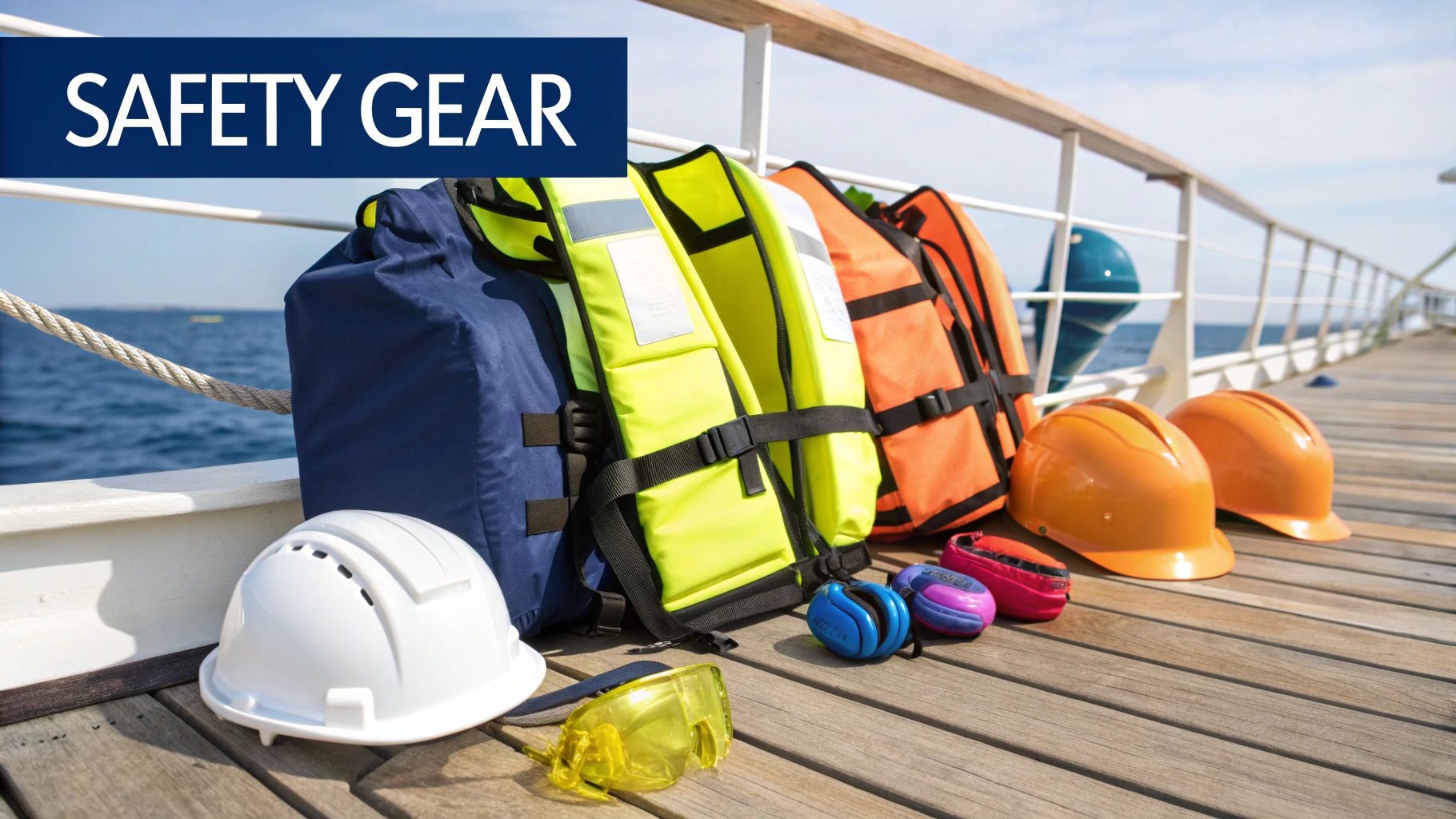
This screenshot from BOATsmart!, a popular online boating safety course provider, highlights the modern approach. The clean interface and emphasis on interactive learning showcase a shift towards engaging and practical education.
Beyond the Basics: Building Intuitive Decision-Making
Effective courses go beyond rote memorization. They teach you to think on your feet, just like learning to drive. A good driving instructor doesn't just recite traffic laws; they guide you through real-world scenarios. The best boating safety courses do the same, using simulations and examples to help you assess risks and make smart decisions under pressure. This hands-on approach builds a deeper, more practical understanding.
Experiential Learning: The Power of "Doing"
Think about learning to tie a nautical knot. Reading about it is one thing, but actually feeling the rope in your hands and practicing the movements is what truly solidifies the skill. Modern boating courses understand this. They incorporate hands-on training, letting you practice essential skills, like operating a boat or handling emergencies, in a safe environment. This builds muscle memory, so you can react instinctively when it matters most.
The Modern Approach: Interactive Simulations and Personalized Learning
Technology has transformed boating safety education. Interactive simulations offer a risk-free way to experience potentially dangerous situations. Practicing navigating through fog or recovering from a man overboard scenario in a simulation builds confidence and reinforces learning. Before venturing onto the water, it's also wise to consider boat security measures to protect your vessel. Furthermore, recognizing that everyone learns differently, many courses now tailor their approach to individual learning styles, using visual aids, auditory explanations, or kinesthetic activities to ensure everyone grasps the material effectively.
Identifying Lasting Impact: Beyond the Certificate
The true value of a boating safety course isn't the certificate itself, but the lasting changes it makes in your behavior. Does it empower you to make safer decisions? Does it instill a respect for the water and the importance of being prepared? A truly effective course doesn't just teach you the rules; it cultivates a safety-conscious mindset, transforming you into a more confident and responsible boater. This goes beyond checking boxes; it's about becoming a truly competent mariner.
Navigating The Changing Legal Landscape Of Boating Requirements
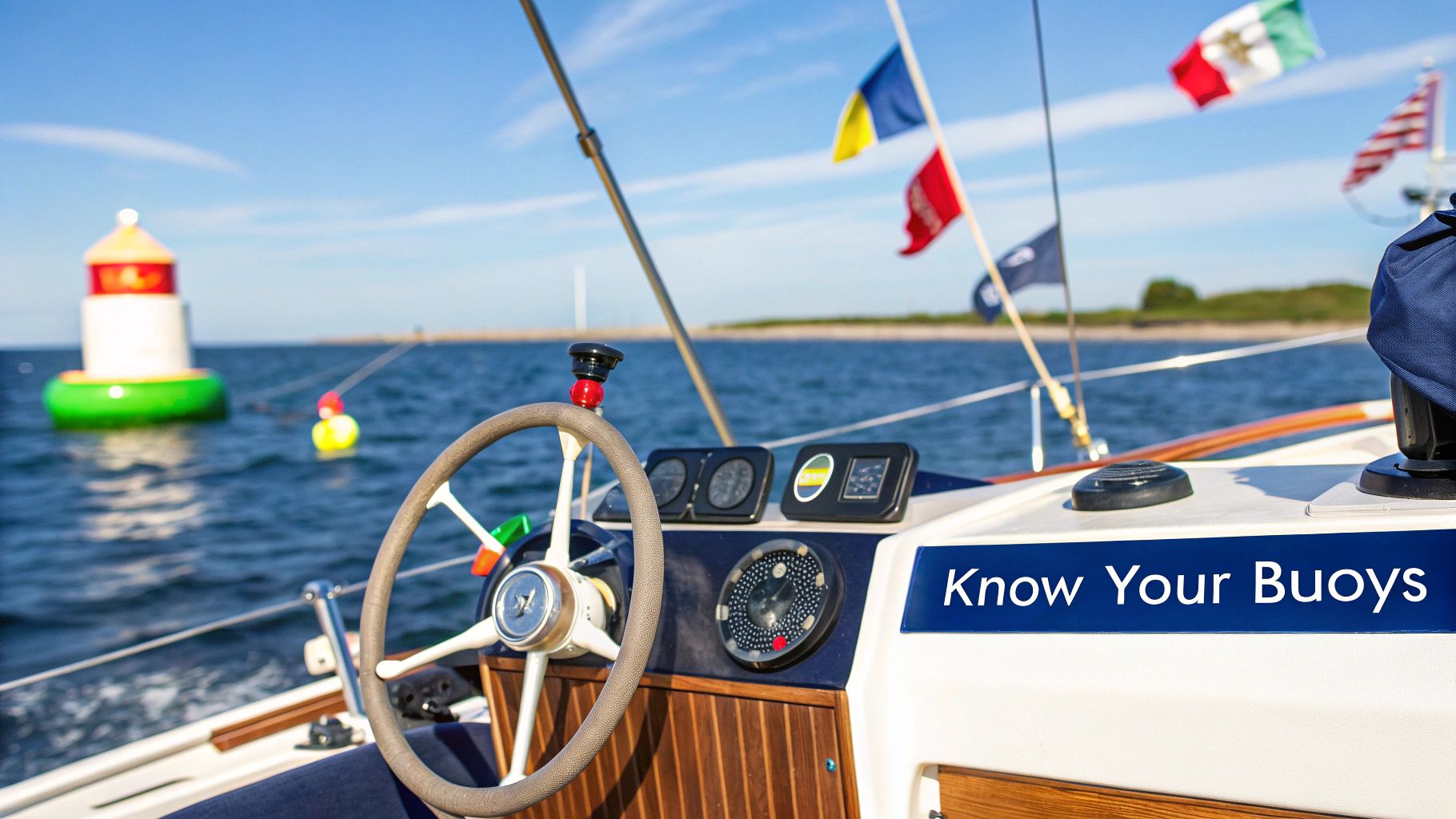
Boating regulations are always changing. Staying up-to-date is key for responsible boating. Think of it like driving a car. Your driver's license is good in every state, but the rules of the road can change depending on where you are. Similarly, your boating safety certificate might be accepted in many places, but the specific rules and regulations differ.
Understanding the Patchwork of State Requirements
Each state has its own set of boating laws. These laws are often shaped by local waterways and what has caused accidents in the past. For example, states with a lot of coastline or many lakes might have stricter rules about navigation lights or how fast boats can go. Understanding these differences is really important, especially if you're boating in different states. Ignoring these rules could mean fines or, even worse, accidents.
In New York, Brianna's Law (effective January 1, 2025) requires all motorboat operators to have a boating safety certificate. This law, named in memory of a young girl tragically killed in a boating accident, highlights just how important boating safety education is becoming. It's not just about paperwork; it's about preventing future accidents. Learn more about Brianna's Law and what it means for boaters here.
Enforcement and the Consequences of Non-Compliance
You'll see marine law enforcement out on the water, making sure everyone follows the rules. So, what happens if you're caught without the right certificate or breaking a local rule? You might get a warning, a fine, or in serious cases, even have your boat impounded. Understanding how these laws are enforced shows why it's best to know the rules and follow them. For more information on safety equipment requirements, check out this 2025 Guide.
Reciprocity: Ensuring Your Certificate Travels With You
Many states have what are called reciprocity agreements. This means they recognize boating safety certificates issued by other states. However, this isn't always the case. Some certificates are only good within a certain area or for a specific amount of time. Before you boat somewhere new, always check if your certificate is valid there. This protects you legally and ensures you're meeting the requirements.
Staying Ahead of the Curve: Keeping Up with Legal Changes
Boating laws don't stay the same forever. New laws and changes to existing ones are made all the time to address new safety concerns and keep up with how people are using their boats. Staying informed about these changes is important for all boaters. You can find updates on current regulations from your state boating agency, the U.S. Coast Guard, and trusted boating organizations. Staying informed helps you stay safe and legal on the water.
Finding Your Perfect Learning Format
Remember when boating safety courses meant a full day stuck in a classroom? Not anymore! These days, you've got options, from online courses you can finish in your pajamas to hands-on programs where you'll be captaining a boat through choppy waters. So, how do you pick the format that's right for you? Let's break it down.
Online Courses: Learn at Your Own Speed
Online courses offer incredible flexibility. Learn whenever you have time, wherever you happen to be. And forget the idea of clicking through endless multiple-choice quizzes. The best online courses use interactive elements like virtual reality simulations to let you experience docking in high winds or navigating through fog, all from the safety of your computer.
These simulations provide a risk-free environment for practicing skills you'll definitely need out on the water.
Classroom Courses: The Power of In-Person Learning
While online courses offer flexibility, classroom courses provide something different: personal connection. Think of it like a conversation with a seasoned captain and a group of fellow boating enthusiasts. You can ask questions in real time, swap stories, and learn from each other's experiences. This interaction helps solidify your understanding and builds a sense of community among boaters.
Hybrid Courses: The Best of Both Worlds
Hybrid courses blend online learning with hands-on instruction. You'll typically cover the theory online, then put that knowledge into practice during on-the-water sessions. This approach lets you learn at your own pace and then test your skills in the real world.
Choosing the Right Fit: What to Consider
Finding the perfect course depends on a few key things:
- Your Learning Style: Are you a visual, auditory, or kinesthetic learner? Some folks thrive on reading and watching, while others prefer hands-on experience. Pick a format that matches how you learn best.
- Your Schedule: Short on time? Online courses offer the flexibility to squeeze in learning around your other commitments.
- Your Budget: Costs vary between formats and providers, so consider what you can afford.
- Your Goals: Are you taking the course just to meet legal requirements, or are you looking to gain in-depth knowledge for your own safety and enjoyment?
Understanding the legal side of boating is crucial. Interestingly, this need for compliance extends to other areas, such as marketing. Make sure your business stays on the right side of the law by checking out resources like this one on text message marketing compliance. When it comes to boating, a good safety course should build your confidence and equip you with the skills you need to be a responsible boater.
To help you visualize the key differences, take a look at the table below:
Boating Safety Course Format Comparison
Detailed comparison of online, classroom, and hybrid boating safety course options
| Course Type | Duration | Cost | Hands-on Practice | Flexibility | Best For |
|---|---|---|---|---|---|
| Online | Self-Paced | Typically Lower | Limited to Simulations | High | Busy schedules, budget-conscious learners |
| Classroom | Fixed Schedule | Typically Higher | None | Low | Learners who prefer in-person interaction |
| Hybrid | Combination | Moderate | Included | Moderate | Learners who want both theory and practical experience |
As you can see, each format has its own set of advantages. Online courses win for flexibility and affordability, while classroom courses excel at personal interaction. Hybrid courses offer a balanced approach, combining the benefits of both.
Making an Informed Decision: Do Your Homework
Before committing to a course, take some time to research your options. Read reviews from past students, compare different providers, and think about your individual needs. Don’t just grab the cheapest or quickest option if it doesn't align with your learning goals. A well-chosen boating safety course is an investment in your safety and enjoyment out on the water.
The Unexpected Rewards That Go Way Beyond Legal Compliance
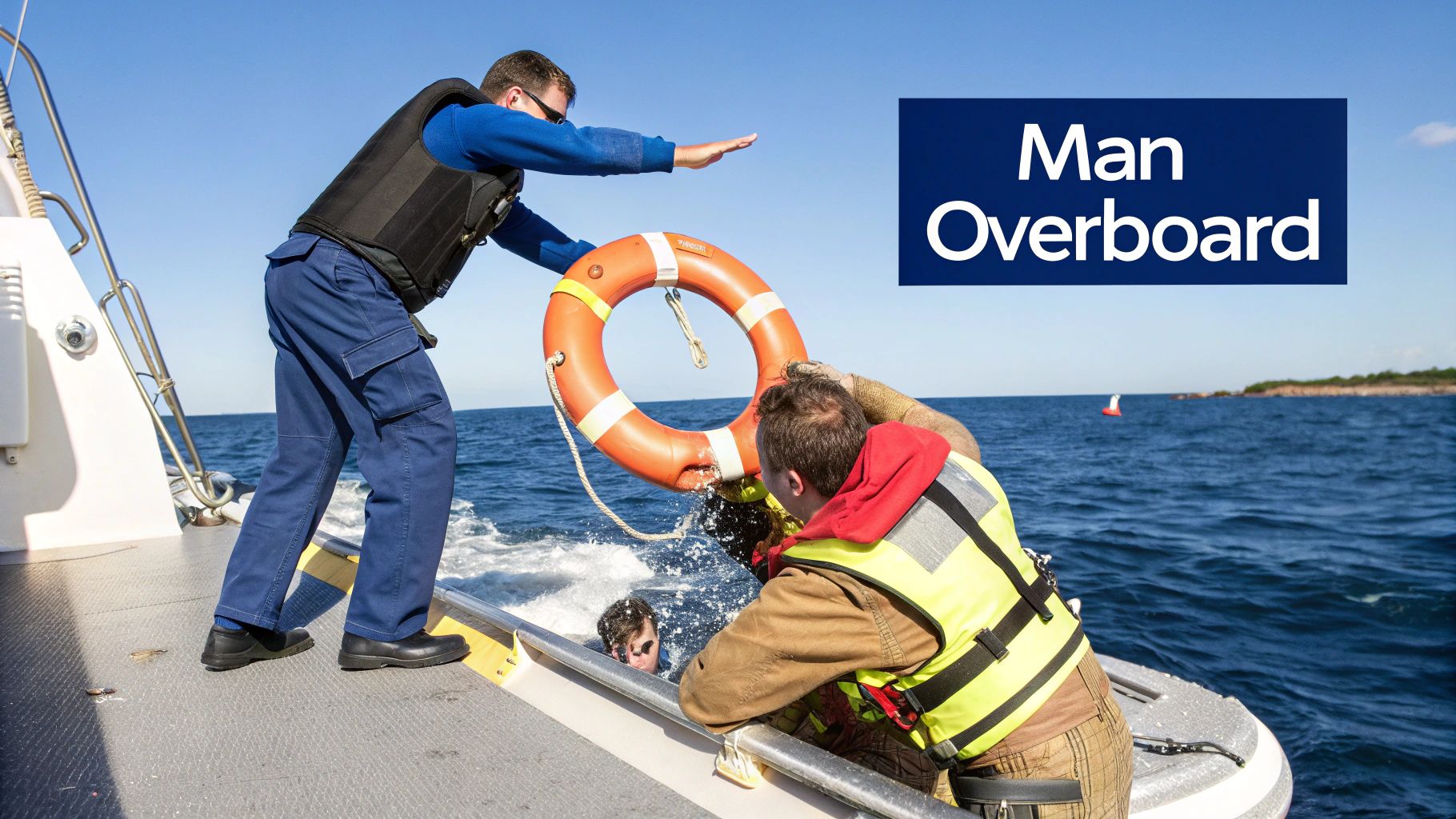
Many see boating safety courses as a chore – a hoop to jump through for licensing or insurance. But the true benefits extend far beyond mere compliance. They can fundamentally change how you experience life out on the water.
Confidence: From Anxious Outings to True Adventures
Picture this: you're taking your family out for a day on the boat. Instead of soaking up the sun and scenery, you're consumed with worries about navigating unknown waters or handling a sudden change in weather. Now imagine that same trip with the assurance and calm that comes from knowing you can handle any challenge the water presents. That's the transformative power of a boating safety course. It gives you the knowledge and skills to tackle the unexpected, turning potential anxieties into genuine adventures. Graduates often speak of a newfound comfort and enjoyment, changing family outings from stressful events to cherished memories.
Community: Building Respect and Camaraderie
Completing a boating safety course can connect you with a supportive network of fellow boaters. Think of it like this: shared knowledge builds a sense of community. You're no longer just a boat owner; you’re part of a group dedicated to safe boating practices. This can foster new friendships, mentorship, and a sense of belonging on the water. Knowing you can help others in need earns you respect and solidifies your place within this community.
Opportunities: Opening Doors and Access
A boating safety certificate is more than just a piece of paper; it’s a passport to new experiences. Some boat clubs and marinas require proof of safety education for membership or docking. Certain charter companies might ask for it before renting you a vessel. Completing a course shows you’re a responsible boater, unlocking opportunities that would otherwise be unavailable. Plus, some insurance companies offer discounts to those who have completed certified safety training, providing a tangible financial benefit. National Safe Boating Week, held annually (May 17-23 in 2025), highlights the value of safety education, urging boaters to refresh and improve their skills. This event aims to reduce boating accidents, often caused by inattention, inexperience, and excessive speed – all issues covered in safety courses. Learn more about National Safe Boating Week here.
Peace of Mind: The Invaluable Benefit of Preparedness
Beyond the concrete advantages, there’s a less tangible but equally valuable reward: peace of mind. Knowing you can handle emergencies, navigate effectively, and understand weather patterns brings a sense of calm and control to your boating experience. This allows you to truly relax and appreciate the beauty and tranquility of being on the water. This peace of mind extends to your passengers, creating a more pleasant experience for everyone onboard. This boating safety equipment checklist might help enhance your preparedness even further.
Enhanced Enjoyment: Simply More Fun on the Water
Ultimately, a boating safety course can greatly enhance your enjoyment of boating. When you are confident and prepared, you can truly savor the moment. You're not distracted by worries; you're present, enjoying the company of your friends and family, the thrill of the ride, and the beauty of your surroundings. This increased enjoyment is the real payoff, making the investment in a boating safety course more than worthwhile. It's not just about fulfilling a requirement; it’s about enriching your entire boating life.
Choosing A Course Provider That Actually Delivers Value
With so many organizations offering boating safety courses, finding the right one can feel like navigating a choppy sea of marketing promises. Everyone claims to offer "comprehensive education" and "quick certification," but how can you tell which course will truly prepare you for life on the water?
This screenshot from the National Association of State Boating Law Administrators (NASBLA) website highlights their commitment to boating safety education and standards. They're instrumental in ensuring consistent, high-quality training across different states.
Beyond the Buzzwords: Identifying Quality Instruction
Don't be swayed by flashy slogans. Instead of accepting vague promises of “comprehensive training” at face value, dig a little deeper. Look for specifics about the curriculum, instructor qualifications, and teaching methods. Think of it like choosing a car—you wouldn’t buy one based on a catchy jingle alone. You’d want to know about its engine, safety features, and fuel efficiency. Similarly, ask if the boating course covers practical skills like docking and anchoring, or if it’s just a dry recitation of navigation rules. Does it offer hands-on experience or simulations? These details reveal the true value of the course.
Reading Between the Lines of Student Reviews
Student reviews can offer valuable perspectives, but learn to read between the lines. Look for comments that address the quality of instruction, the practical application of the skills taught, and the overall learning experience. Did students feel truly prepared for real-world boating scenarios, or did they just feel like they checked a box? Look for recurring themes. A couple of negative reviews might be outliers, but a consistent stream of complaints should definitely raise a red flag.
Accreditation and Recognition: What It Really Means
Accreditation from respected organizations like the National Association of State Boating Law Administrators (NASBLA) or the U.S. Coast Guard ensures a course meets specific quality and content standards. Think of it like a seal of approval. However, accreditation isn’t everything. A fantastic local provider might not have national recognition but still offer top-notch instruction. It’s like a hidden gem restaurant—it might not have Michelin stars, but it could still serve the best food in town. Research the provider’s reputation and track record.
Price vs. Value: Recognizing Bargain Education
Cost is a factor, of course, but be wary of courses that seem too good to be true. A drastically lower price might indicate a less comprehensive curriculum, inexperienced instructors, or outdated materials. Like most things in life, you get what you pay for. Investing in a quality boating safety course is an investment in your safety and the safety of others on the water. Consider the long-term value of the knowledge and skills you’ll gain.
Specialized Programs: Matching Your Education to Your Boating Plans
Boating is a diverse activity. Sailing a yacht requires different skills than operating a personal watercraft (PWC). If you have specific boating goals, look for courses tailored to your needs. It's like choosing the right tool for the job. You wouldn't use a hammer to tighten a screw. Similarly, a sailing course will teach you about sail trim and right-of-way rules specific to sailboats, while a PWC course will focus on maneuvering techniques and safety considerations for smaller vessels.
Continuing Education: Building on Your Foundational Knowledge
Completing a boating safety course is just the beginning. Continuing education helps you stay sharp and introduces you to new technologies and best practices. It’s like keeping your software updated—it ensures you have the latest features and security patches. Look for advanced certifications and refresher courses that expand on your foundational knowledge. This commitment to ongoing learning makes you a more confident and capable boater throughout your journey. Many organizations offer specialized certifications in areas like navigation, seamanship, and even marine radio operation.
Turning Your Course Completion Into Lifelong Water Confidence
Earning your boating safety certificate is a big accomplishment! But think of it like getting your driver’s license. The license itself doesn't make you a confident driver. It simply gives you permission to start learning. True confidence on the water, just like on the road, comes with experience and practice.
From Classroom Knowledge to On-the-Water Wisdom
So how do you translate those classroom lessons into real-world boating confidence? It's all about actively applying what you've learned. Imagine learning to bake a cake – you wouldn’t just read the recipe and expect to be a master chef, right? You’d need to get in the kitchen and start mixing!
- Hands-on Practice: Time at the helm is key. The more you practice maneuvering your boat, the more comfortable you'll become. Think about practicing docking, anchoring, and navigating in various weather conditions. And don’t forget those emergency procedures! Every time you practice, you're building both skill and confidence.
- Mentorship: Learning from experienced boaters is like having a seasoned chef guide you through baking that cake. Find a mentor, join a local boating club, or connect with other boaters. They can offer invaluable advice and practical tips that you won't find in any textbook.
- Staying Current: Boating rules and technology change, just like recipes get updated. Make sure you stay up-to-date on the latest regulations, equipment advancements, and navigation techniques. This continuous learning helps you adapt to the ever-changing marine environment.
Building on Your Foundation: Advanced Training and Continuous Improvement
Think about experienced drivers who take advanced driving courses to sharpen their skills. Boaters can benefit from further education, too!
- Advanced Courses: Consider specialized courses like advanced navigation, seamanship, or radar operation. These courses provide a deeper dive into boating principles and prepare you for more challenging conditions.
- Specialized Certifications: Interested in a specific type of boating like sailing or operating a personal watercraft (PWC)? Look into certifications tailored to those activities. It's like choosing to specialize in baking pastries instead of just cakes.
- Continuous Skill Development: Even seasoned boaters can benefit from regular practice and refresher courses. Think of it like a musician practicing scales – it's about maintaining and refining those essential skills like knot-tying, chart reading, and emergency procedures.
Staying Motivated and Engaged in the Boating Community
Staying committed to boating safety is about more than just knowledge – it requires ongoing motivation and engagement.
- Refreshing Critical Knowledge: Regularly reviewing safety procedures, even when they seem routine, is crucial. It reinforces vital information and keeps you prepared for any situation.
- Practicing Safety Protocols: Complacency can be dangerous. Even when you're familiar with the water, consistently practice safety protocols like wearing life jackets and regularly checking your safety equipment.
- Becoming a Positive Influence: Sharing your passion for safe boating with others creates a ripple effect. Mentoring newer boaters, volunteering at safety events, and getting involved in local boating communities promotes a culture of safety and responsibility on the water.
The Journey to Lifelong Confidence: A Continuous Process
Building true boating confidence is a journey, not a destination. It’s about continuous improvement and lifelong learning. By combining your classroom knowledge with practical experience, seeking guidance from experienced boaters, and staying actively involved in the boating community, you're not just completing a course – you're embarking on a lifetime of safer, more confident, and more enjoyable experiences on the water. As technology advances and your boating adventures expand, this commitment to ongoing learning will keep you at the top of your game and inspire others to embrace the same principles of safe and responsible boating.
Ready to experience the difference that CLiX Fueling Solutions can make in your boating experience? Visit CLiX Fueling Solutions today and discover the stress-free, spill-free solution that puts safety and environmental responsibility first.

